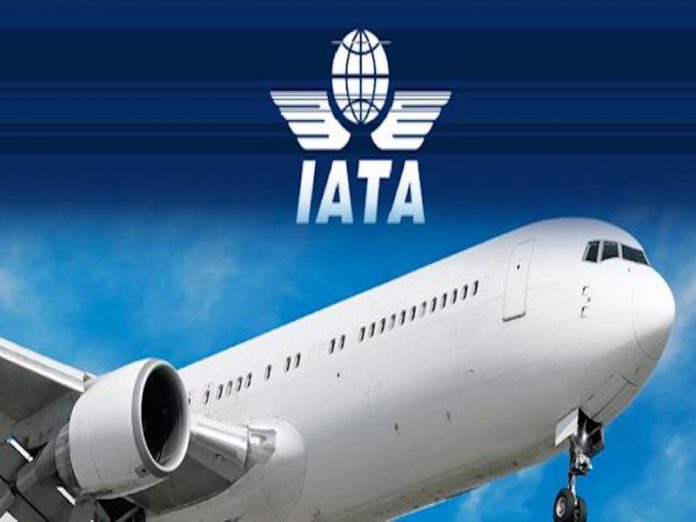
The International Air Travel Association (IATA) has identified five proven ways that governments can help stimulate the air travel market while avoiding adding more debt to already highly leveraged airline balance sheets due to Coronavirus pandemic.
The global body urged governments to grant temporary waivers or suspensions of government charges, taxes and fees to airlines so that they will reduce flight costs and lower travel costs for passengers.
IATA also called for route subsidies for flights to local/regional destinations to support connectivity for rural communities and business, urging government to facilitate financial incentives in the form of rewards for operating flights, or seats flown, which can support airlines while load factors or yields are too low.
In addition, it also called for the adoption of advance ticket purchases that governments can use for future trips or distribute to the traveling public in the form of vouchers to support travel and tourism and urged for passenger travel subsidies in the form of vouchers for passengers or as a percentage cash-back on overall travel costs.
The world body expressed concern that 2020 and 2021 might be the worst years for the aviation industry since the end of World War 2 and urged governments all over the world to adopt these five proven ways to revive their countries airlines.
IATA said aviation provides the only worldwide transportation network, which makes it essential for global business and tourism. It plays a vital role in facilitating economic growth, particularly in developing countries.
In listing economic and social benefits of air transport, IATA said aviation transports close to two billion passengers annually and 40 per cent of interregional exports of goods (by value).
The world body said 40 per cent of international tourists now travel by air. The air transport industry generates a total of 29 million jobs globally (through direct, indirect, induced and catalytic impacts). Aviation’s global economic impact (direct, indirect, induced and catalytic) is estimated at $ 2,960 billion, equivalent to 8 per cent of world Gross Domestic Product (GDP).
The world’s 900 airlines have a total fleet of nearly 22,000 aircraft. They serve some 1,670 airports, through a route network of several million kilometres managed by around 160 air navigation service providers 3. 25 per cent of all companies’ sales are dependent on air transport. 70 per cent of businesses report that serving a bigger market is a key benefit of using air services.
“Aviation boasts high occupancy rates of 65 to 70 per cent – which is more than double those of road and rail transportation. Air transport entirely covers its infrastructure costs. Unlike road and rail, it is a net contributor to national treasuries4 through taxation. Modern aircraft achieve fuel efficiencies of 3.5 litres per 100 passenger-km or 67 passenger-miles per US gallon.
“The next generation aircraft (A380 & B787) are targeting an efficiency of less than 3 litres per 100 passenger-km or 78 passenger-miles per US gallon5, which exceeds the efficiency of any modern compact car on the market,” IATA said in its report on the benefits of air transport in the world.
It disclosed that aviation created five million direct jobs, adding that the airline and airport industry directly employ 4.3 million people globally. The civil aerospace sector (manufacture of aircraft systems, frames and engines, etc.) employs 730,000 people, while 5.8 million indirect jobs through purchases of goods and services from companies in its supply chain. 2.7 million induced-jobs through spending by industry employees and 15.5 million direct and indirect jobs through air transport’s catalytic impact on tourism. Some 6.7 million direct tourism jobs are supported by the spending of international visitors arriving by air.
IATA noted that as a capital-intensive business, productivity per worker in the air transport industry is very high, at three and a half times the average for other sectors.
In Nigeria, the federal government has released N4 billion to the airlines and it is working with the National Assembly to pass into law the policies of waivers for Customs tariffs on aircraft and aircraft spares, streamlining the aviation agencies and reviewing the acts that established them to make them more purposeful and in tandem with modern development.
The Minister of Aviation, Senator Hadi Sirika, had said one of the purposes of reviewing the act that established NCAA was to make it business-oriented and to interface with airlines in different ways from safety regulation to business promotion in order to encourage the airlines to survive.






